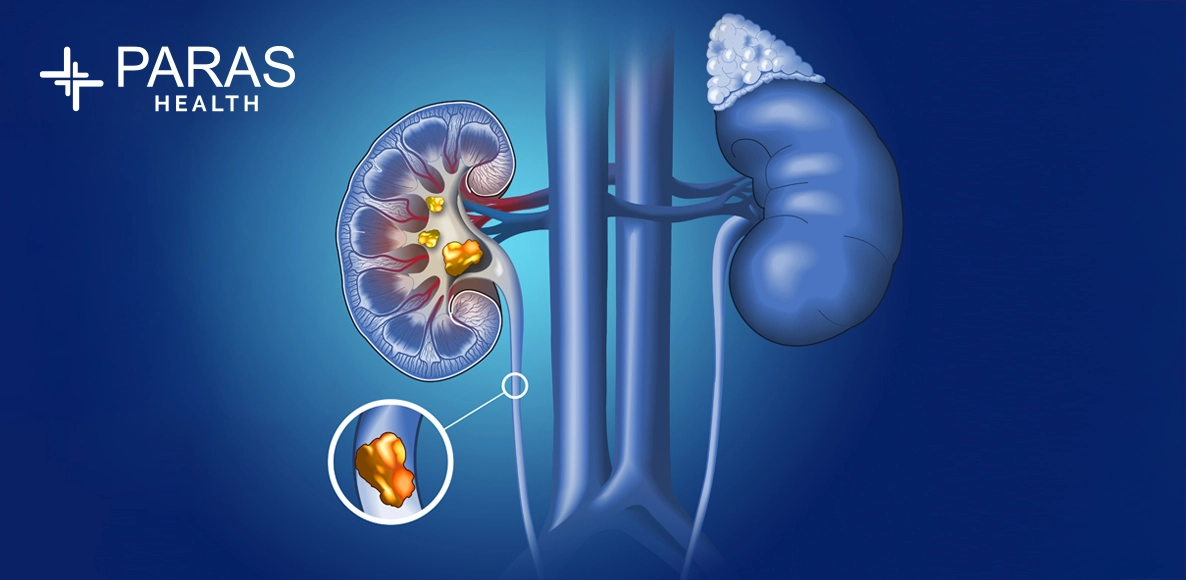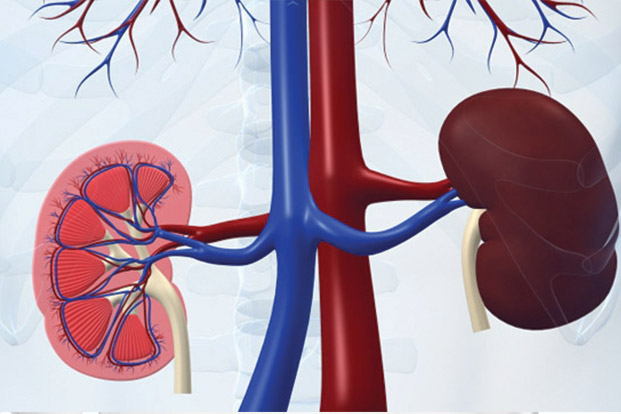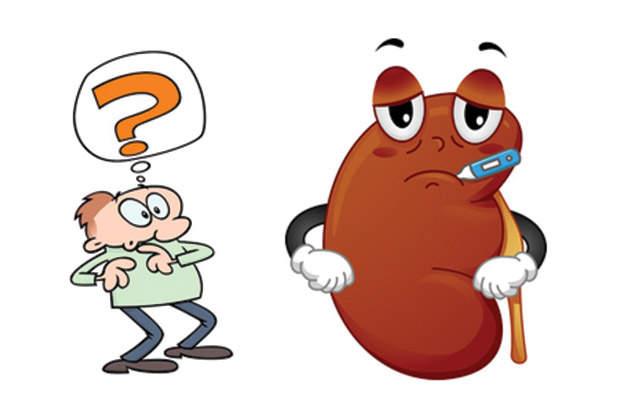Do recurrent Kidney Stones lead to Kidney Disease?

Apr 19, 2022
Kidney stones don’t lead to kidney failure often. However, if they cause long-term obstruction of the kidney, they may lead to kidney failure.
Kidney stones are a formation of hardened minerals in the kidneys or urinary system. In most cases, kidney stones are formed because of a decrease in urine volume or increase in the minerals that form the stones in the urine.
How are kidney stones formed?
In most cases, kidney stones are formed when there is too little fluid (from dehydration due to lack of drinking or excess exercise), an overabundance of crystal-forming minerals in the urine, and/or lower-than-normal levels of the chemicals that breakdown these minerals in the urine. The kidney stone will either travel out of the body through the urinary tract or stay in the kidney, bladder or urethra.

What causes the pain due to the kidney stone?
Larger stones may become stuck in the tubes that carry urine from the kidney to the bladder (uterus). This can cause pain and possibly block the urine from flowing to the bladder and out of the body. The pain often becomes worse over 15 to 60 minutes until it is severe. If you are experiencing any pain in the abdomen, it is best advised that you consult a specialist at the earliest.
This pain in the abdomen could be due to:
An untreated obstructing stone in the kidney – This stone can cause persistent severe blockage and can eventually cause atrophy in a kidney, resulting in a dilated, thinned out kidney with minimal function.
Most stones are associated with significant amounts of pain; most patients will seek treatment long before permanent damage can occur. However, in cases where patients have ‘silent’ stones that cause little or no pain, the long-term obstruction can occasionally lead to kidney damage. With no symptoms to warn them, these patients often go months to years before a stone is diagnosed.
Infection caused due to stones – Infection could be caused due to stones. These stones are usually composed of struvite and sometimes can present as a complete ‘staghorn’ leading to ongoing chronic urinary tract infections that can cause damage slowly through inflammation and scarring of the kidney tissue.
One reason why kidney stones don’t often cause chronic kidney disease or failure more often is because in most cases, kidney stones will cause damage to only one kidney. Patients whose other kidney is healthy will usually not develop kidney failure.
Please consult a nephrologist if you are experiencing any changes in colour, smell or frequency in your urination.







